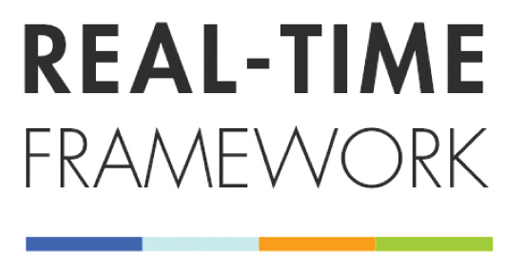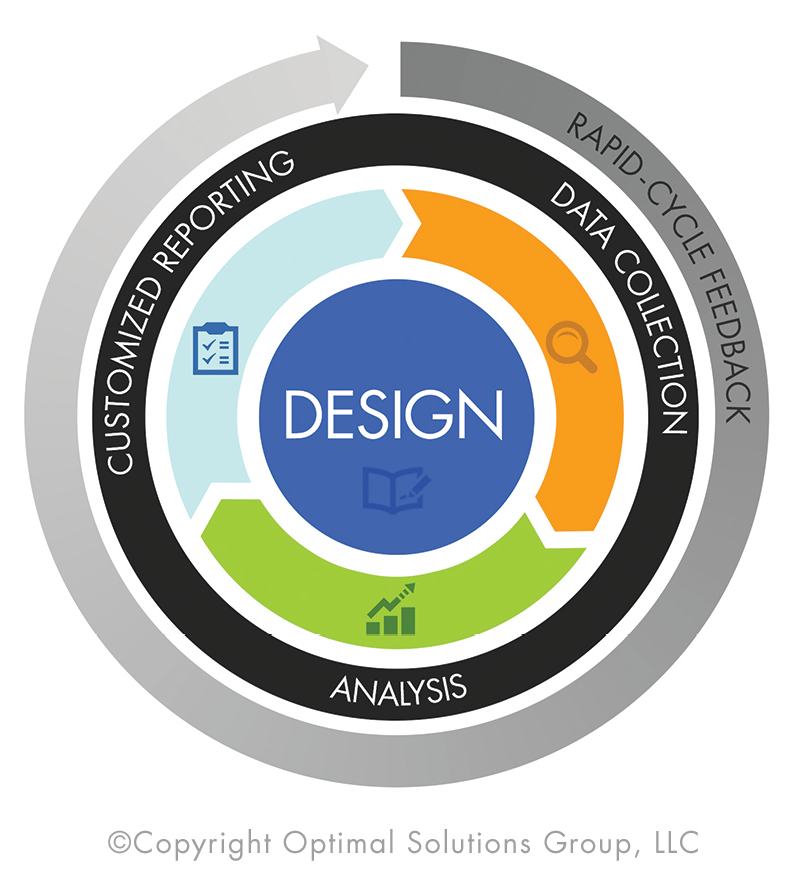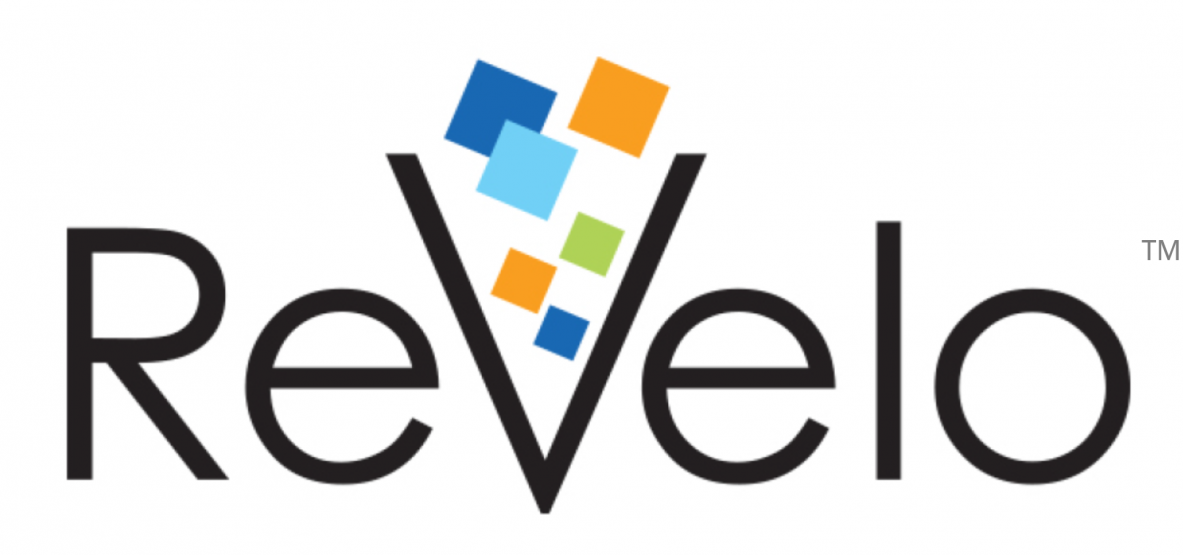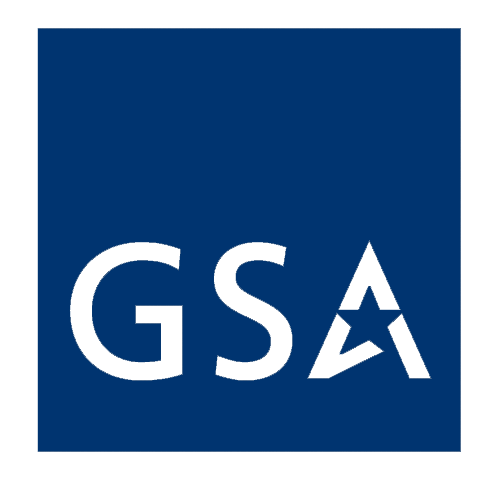Optimal Provides Customized Database for Field Research
For Immediate Release: March 2006
Optimal has expanded its services to provide customized database applications that automate key data collection activities, such as sample reconnaissance, participant recruitment and survey administration. This capability provides Optimal clients with a flexible and secure platform for collecting and validating project data.
Optimal database products reflect Optimal's deep understanding of database design, survey methodology and statistical analyses. Database products are customized to meet the specific needs of individual clients, but all products are designed to be secure, accessible and to meet the highest standards of data validity and transparency. Depending on client requirements, database products can be stand-alone applications that reside on a client's computer during the data collection phase of a project; they can be placed on a web-server to facilitate data entry and reporting using Optimal's intranet system; and they can be designed to provide clients with on-demand data access. All applications are designed to meet federal standards for data security and confidentiality.
Optimal databases provide for multiple levels of data access, allowing data suppliers (e.g., state agencies, school districts or individual respondents) to securely enter or upload data records, allowing project field staff to monitor data submissions and data quality, and allowing for further record processing as needed. For example, data submitted by a set of colleges can be processed and used to draw a sample of students, or can be used to define treatment and control groups for a randomized field trial. In addition, field staff can monitor the submission process to ensure that agreed upon design parameters are met.
Optimal's experience in designing data collection protocols for randomized field trials, quasi-experimental designs, cross-sectional and longitudinal designs supports the development of databases that are optimized to produce accurate and valid data records for client use. Optimal databases significantly reduce the time necessary to produce analysis records by eliminating data entry mistakes through the structured use of Active Server pages and other web-based protocols such as PHP and XML. Data maintained in Optimal databases can be read directly by statistical analysis programs such as SAS. In addition, data records can be customized to satisfy a multitude of data analysis requirements.
Two Examples of Optimal Database Projects
Early Reading Data Monitoring System
Optimal's database expertise has been central to data collection for the Study of Teacher Preparation in Early Reading Instruction, conducted with the American Institute for Research for the U.S. Department of Education's Institute of Education Sciences. The Early Reading study requires Optimal researchers to complete background reconnaissance on a national sample of university education programs, to monitor progress in institution recruitment and to collect and code the syllabi used in early reading courses and prepare analysis files. These activities, from collecting background information on university programs through the creation of data files to facilitate analysis of teacher knowledge of early reading instruction are managed through a customized web-based data monitoring system (DMS) developed by Optimal.
The central activity of the early reading study is the administration of a comprehensive reading instruction assessment and survey to a sample of elementary-level teachers graduating from teacher training programs. Project staff use the DMS to enter background information about individual universities and their programs, keep records of recruiting visits, and communicate with sampled institutions. Site based coordinators at each participating institution use the DMS to submit rosters of eligible teachers to a secure location. Teachers identified in these rosters are sampled and invited to participate in the reading instruction assessment and survey.
WSSC Small and Minority Business Enterprises Program Database
As part of the effort to support its program of awarding contracts to local, small and minority-owned businesses, the Washington Suburban Sanitary Commission (WSSC) has contracted with Optimal to verify payments to Minority Business Enterprise / Women Business Enterprise subcontractors. Optimal has designed a stand-alone database application to store information on contracts and the disposition of actual versus expected payments from prime to subcontractors. Data about contract payments are culled from existing documents and transactions. This information is entered into the database and checked for accuracy against a set of standards provided by WSSC.
In addition, the database allows researchers to track the data collection process, which requires contractors to submit certain documents to Optimal. All contacts made are tracked and noted in the database, allowing researchers to quickly monitor past contacts and analyze responsiveness.
Once assembled, the data tables are analyzed using SAS to validate the effectiveness of WSSC's Small and Minority Business programs.
These two examples demonstrate how Optimal's expertise in data collection, program evaluation and database design provide a variety of clients with high-quality, validated data to help them meet their project goals.
* * * * * * * * * * * * * * *
Optimal Solutions Group, LLC is a nonpartisan, public policy research consulting firm in the Baltimore-Washington metropolitan area. Optimal is committed to supplying insightful program evaluation, cost-benefit and effectiveness analyses, custom econometric modeling, and market analyses for decision makers in both the public and private sectors.
|
Our primary capabilities include:
|
Our policy areas of expertise include:
|
OPTIMAL has served the needs of numerous governmental and commercial clients, including federal and state agencies, community-based organizations, business associations, and law firms.












Connect with us Facebook
Facebook  Twitter
Twitter  LinkedIn
LinkedIn